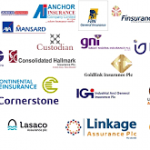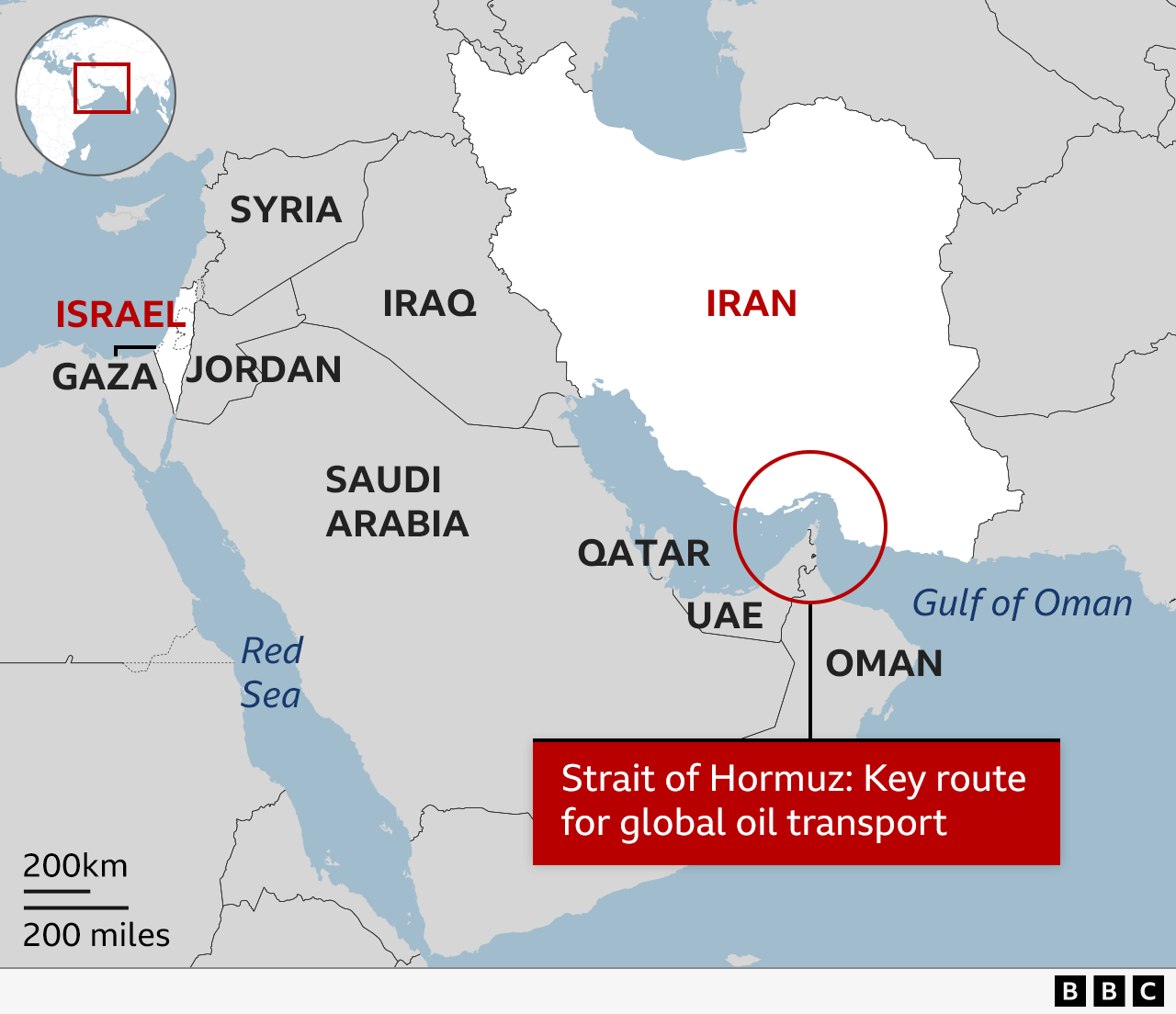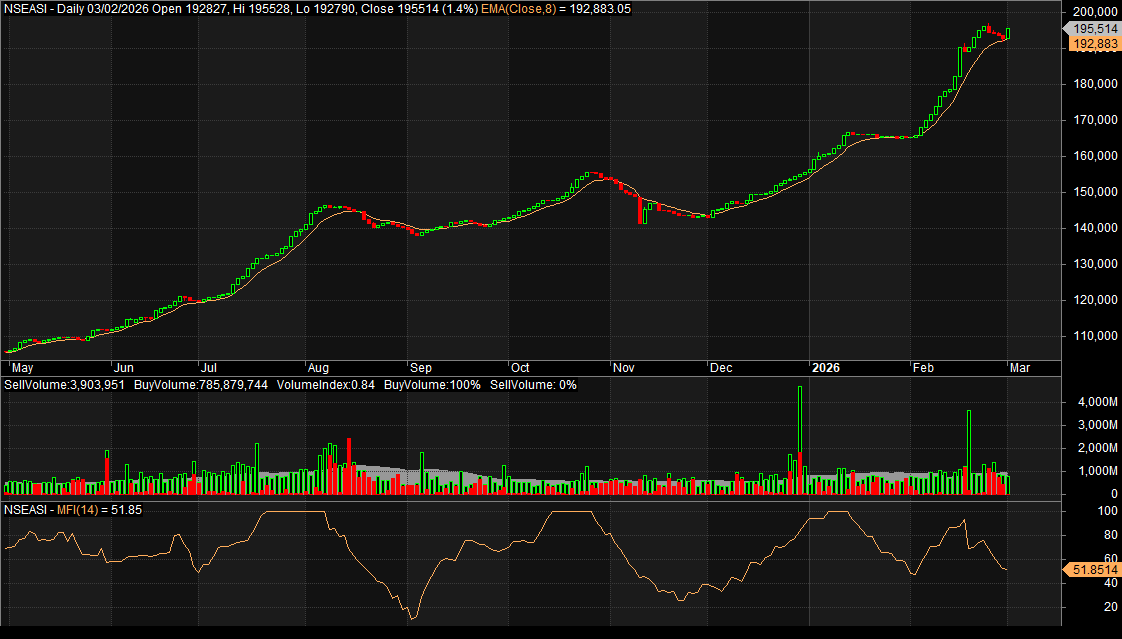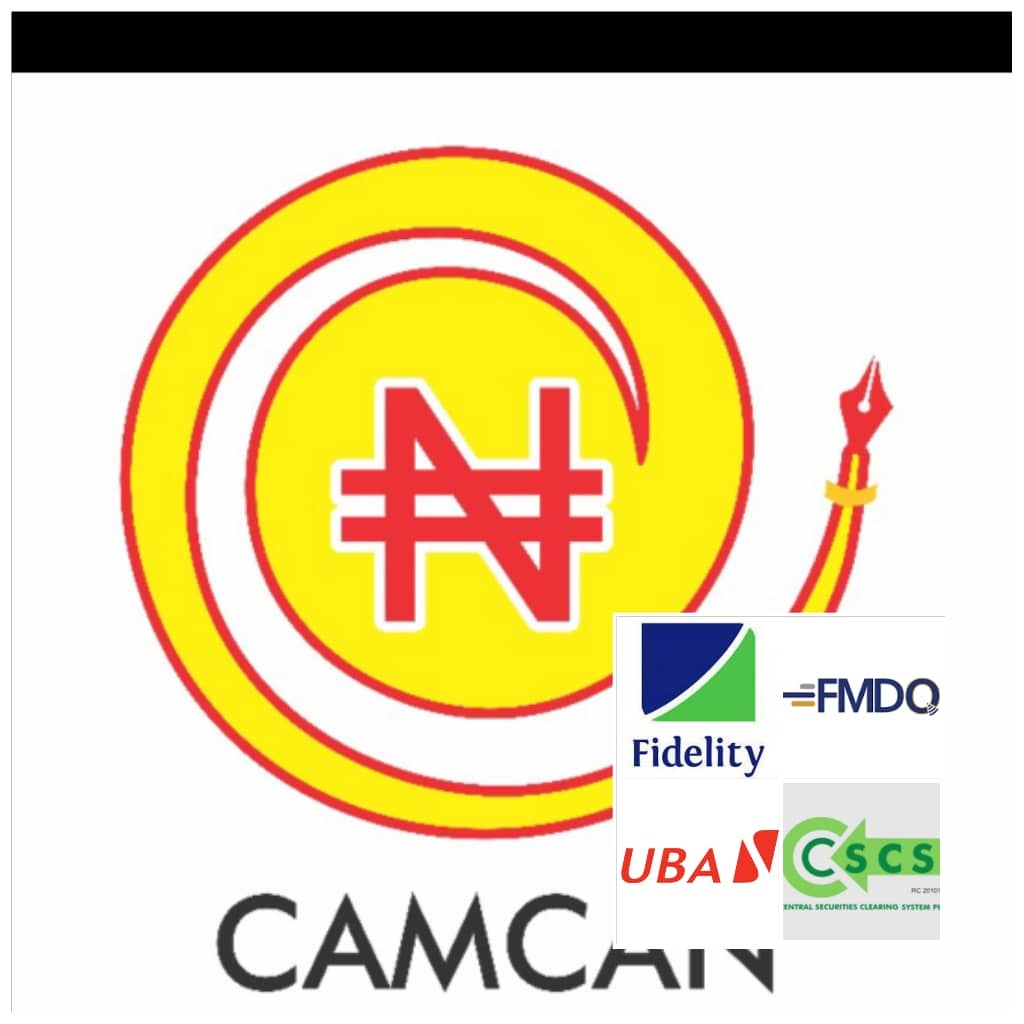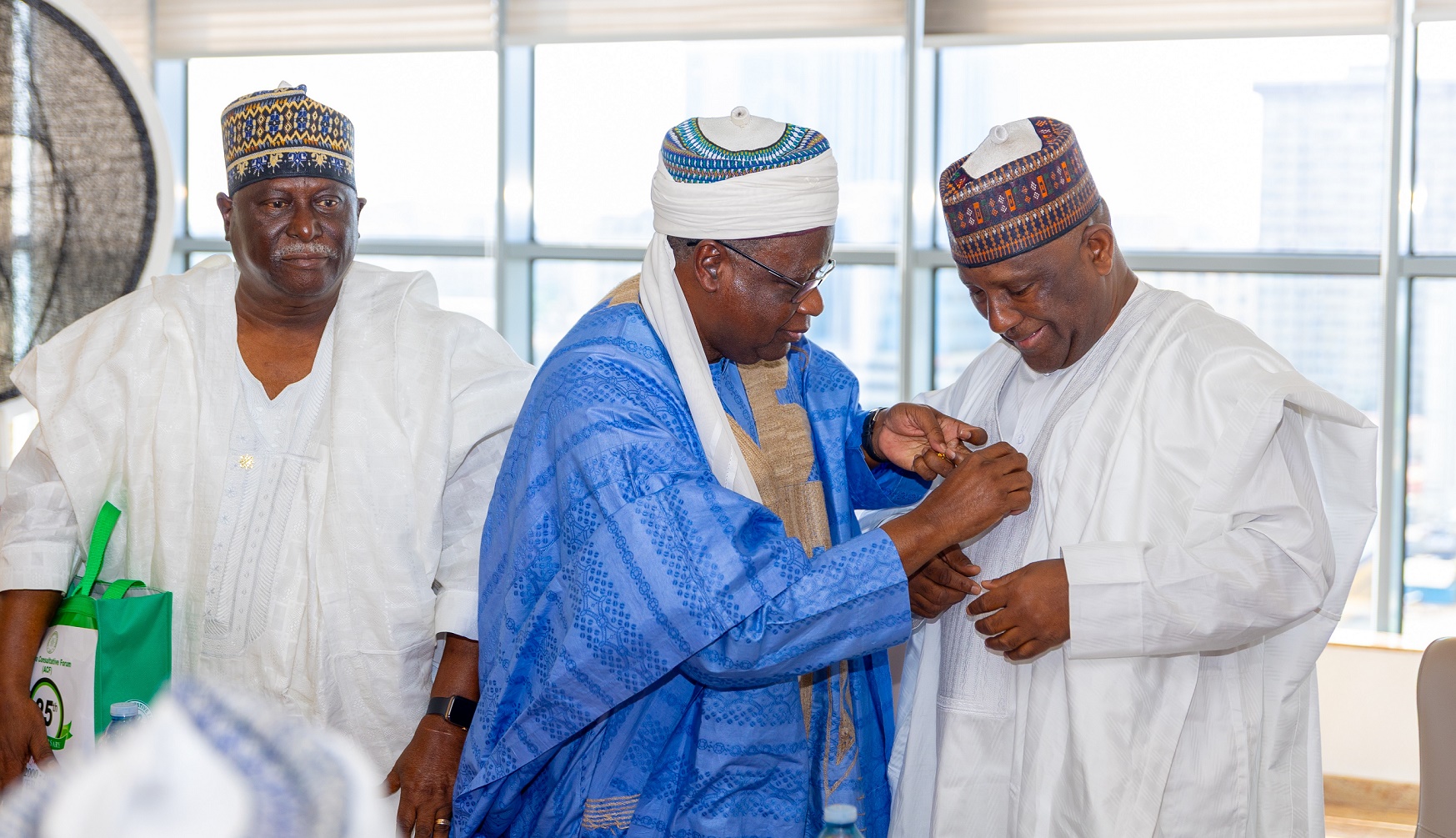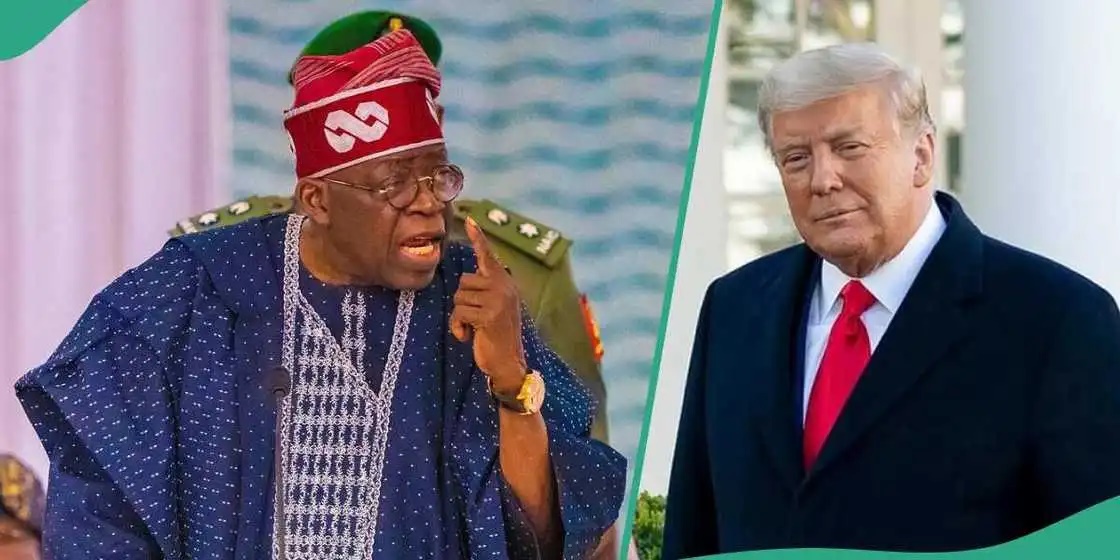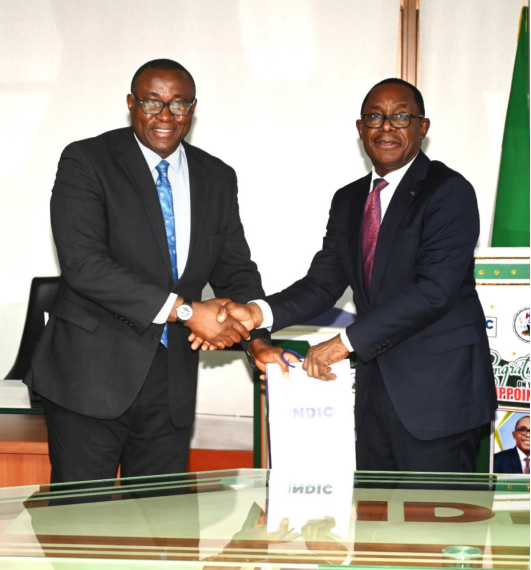
Expert Tasks FG On Nigeria’s Informal Sector, Growing Tax Base
Oscar Onyema, chief executive of the Nigerian Stock Exchange (NSE), on Tuesday said currently awaiting the final approval of the Securities & Exchange Commission (SEC) to conclude its demutualization, roll out its new structure, strategy and forecast for the year.
Speaking during the question and answer session of the exchange’s 2020 recap and 2021 outlook, he recalled at the last annual general meeting, the NSE got approval of members to list the shares of the new NGX Group Plc, the holding company of the NSE on the bourse.
“We are going to do a listing by introduction, because the initial steps that the members (shareholders), as part of the demutualization rules of the Securities & Exchange Commission (SEC) have to begin to sell down (their holdings) over a five-year period, (thereby offering).”
That, he explained, is the first opportunity for the general public to buy into the exchange when the company becomes listed, with the next being a plan to further make the shares more widely accessible to many Nigerians by way of an initial public offering (IPO).
Continuing the NSE boss, who completes his second and final five-year terms, and whose takes over as CEO-designate of the new holdco, assured that all legal means would be deployed “to make sure that these shares are, indeed, widely accessible to the investing public.”
Also fielding questions on how the country can reduce its vulnerability to oil price volatility at the international market, after making a presentation on the Nigerian capital market and the global investment landscape in 2021, at the event, Mrs. Razia Khan, Head of Research, Africa and the Middle East, of London-based Standard Chartered Research, charged to save any windfall that could arise from oil selling above the budget benchmark, whenever there is.
This, she argued, will enable government “create a buffer for when oil earnings are not necessarily going to be that healthy,” which she noted has been difficult for the country post-2014 when oil price spike to about $114 per barrel.
While there is a strong case for longer-term savings, the guest speaker said Nigeria needs to seek ways of accumulating long-term savings, despite facing great pressure, including weaker growth than trend and incomes under pressure, and the heightening poverty levl, made worse by the coronavirus pandemic.
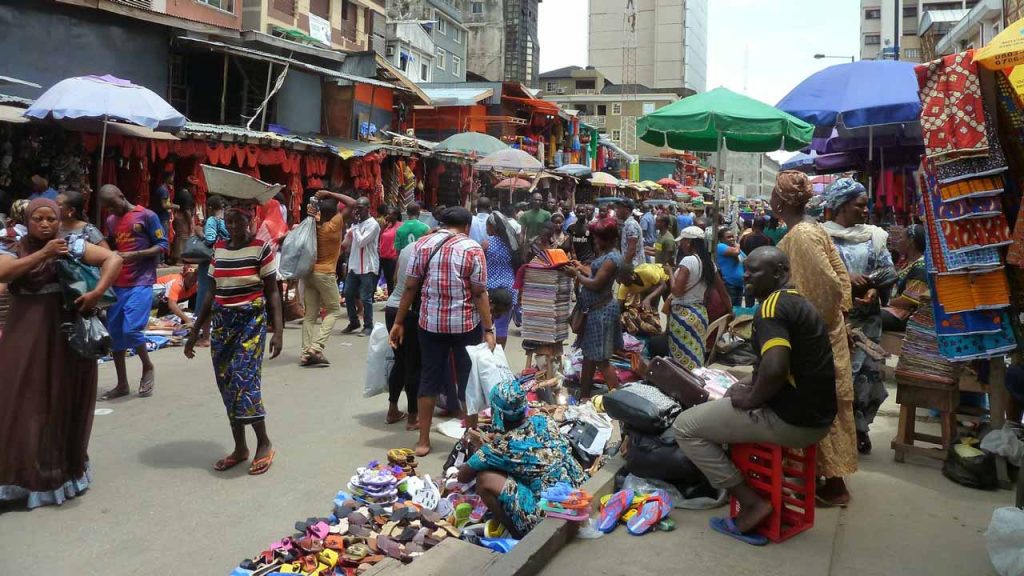
Despite all of these, she called for great attention to a long-term policy by the government to formalize the country’s huge informal sector to grow its revenue base, which has for long, been too narrow… too narrowly focused up until now… there’s been a great deal of activity (in the informal sector) that escapes the revenue and tax base.
Even so, she stressed further, “Nigeria needs to put forward a medium-to-long-term that will year-on-year bring more progress in terms of mobilizing year-on-year, in terms of mobilizing more non-oil revenue.”
The idea of sovereign wealth fund, saving of any windfall, reliance on fiscal rules, and mobilizing more revenue are all important, but the key priority for Nigeria, must be how to make the other economic activities count, from a revenue perspective, she stressed.
With Covid-19 worsening an already bad case for the country, she said Nigeria needs to formulate policy to help it wade through these times in terms of oil and non-oil sector. One area that has attracted a lot of attention, she recalled, is the country’s debt service to GDP ratio, which had been worrying, pre-Covid, just as the plan to drive interest rates lower. Nigeria, she stressed further, needs to attract a portion of the liquidity in the global market space, except for its high-level inflation rate, bond yields and questions around how freely functioning the foreign exchange market is, are issues that need to be addressed.
The current low-interest rate environment will not remain so for ever, as there would be adjustments at some points with implications for local asset managers and market participants.
The fixed income market, at the moment, she continued, is not enjoying the expected attention because the interest rates are at just too low a level, hence the need to ensure that it is gradually come back to make the Nigerian economy attractive again.
She urged countries to take advantage of the current tight credit spreads in the global markets to, at least, refinance some of their existing debt obligations.
It should not be a blanket “no” for an idea of raising foreign capital in 2021, she said in answer to another question, adding that “Nigeria will need the foreign issuances to boost its reserves.
“It may way create the condition for a recovery scenario even in the local fixed income market,” Ms. Khan added.
Also reacting to the question, Onyema said the exchange does not see an immediate policy reversal in the fixed income market, since the Central Bank of Nigeria (CBN) wants to see its policies run their full course before any adjustments in the short-to-medium term.
The existing environment, he believes, will support refinancing and new issuances by already listed companies, while offering opportunities to rebalance their capital structure, hence the hope for significant activities in the market with regards to that.
In terms of foreign exchange hiccups, the NSE boss, said expectations are that domestic investors would continue to dominate the market.


